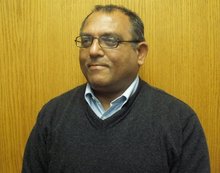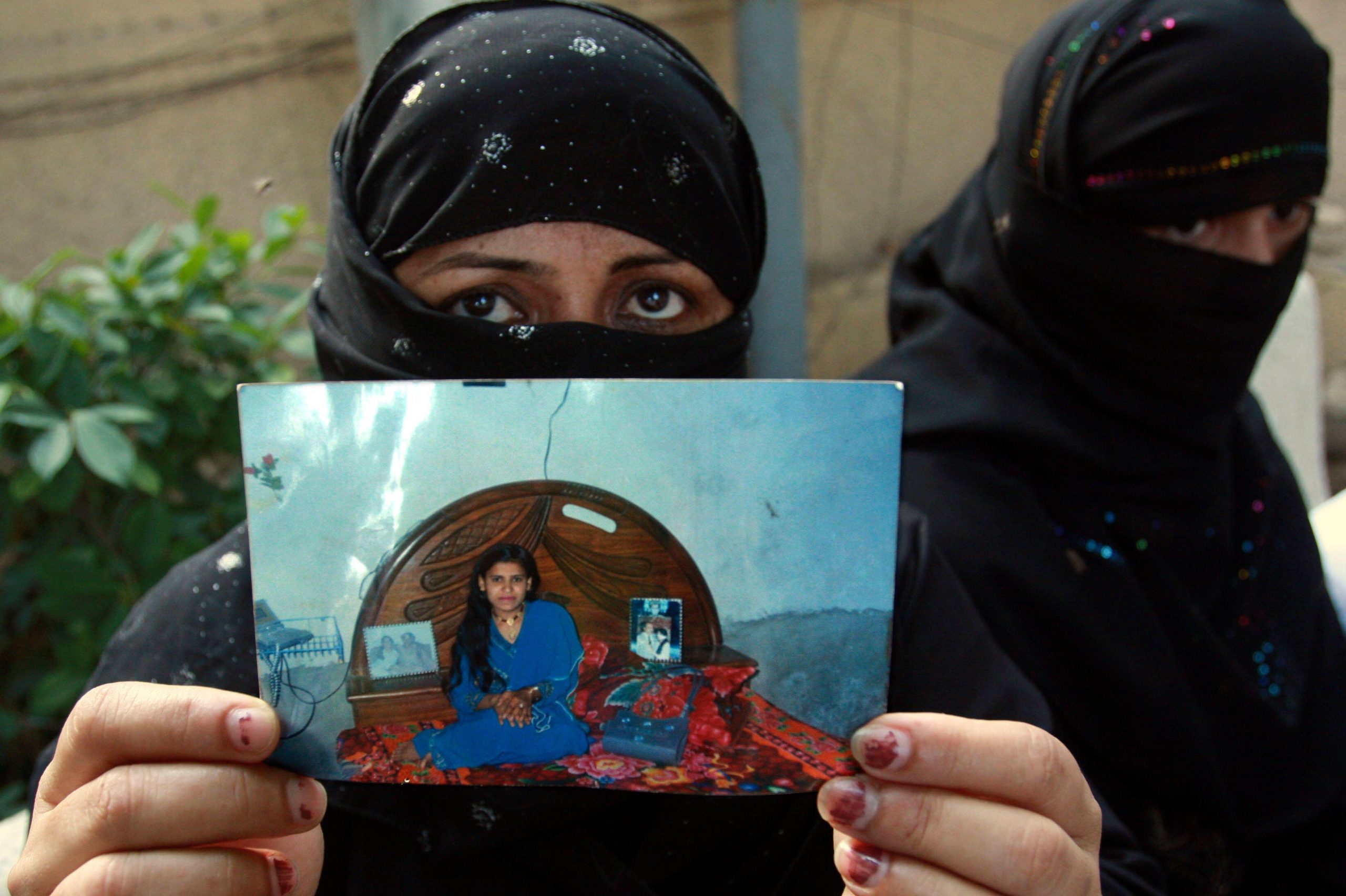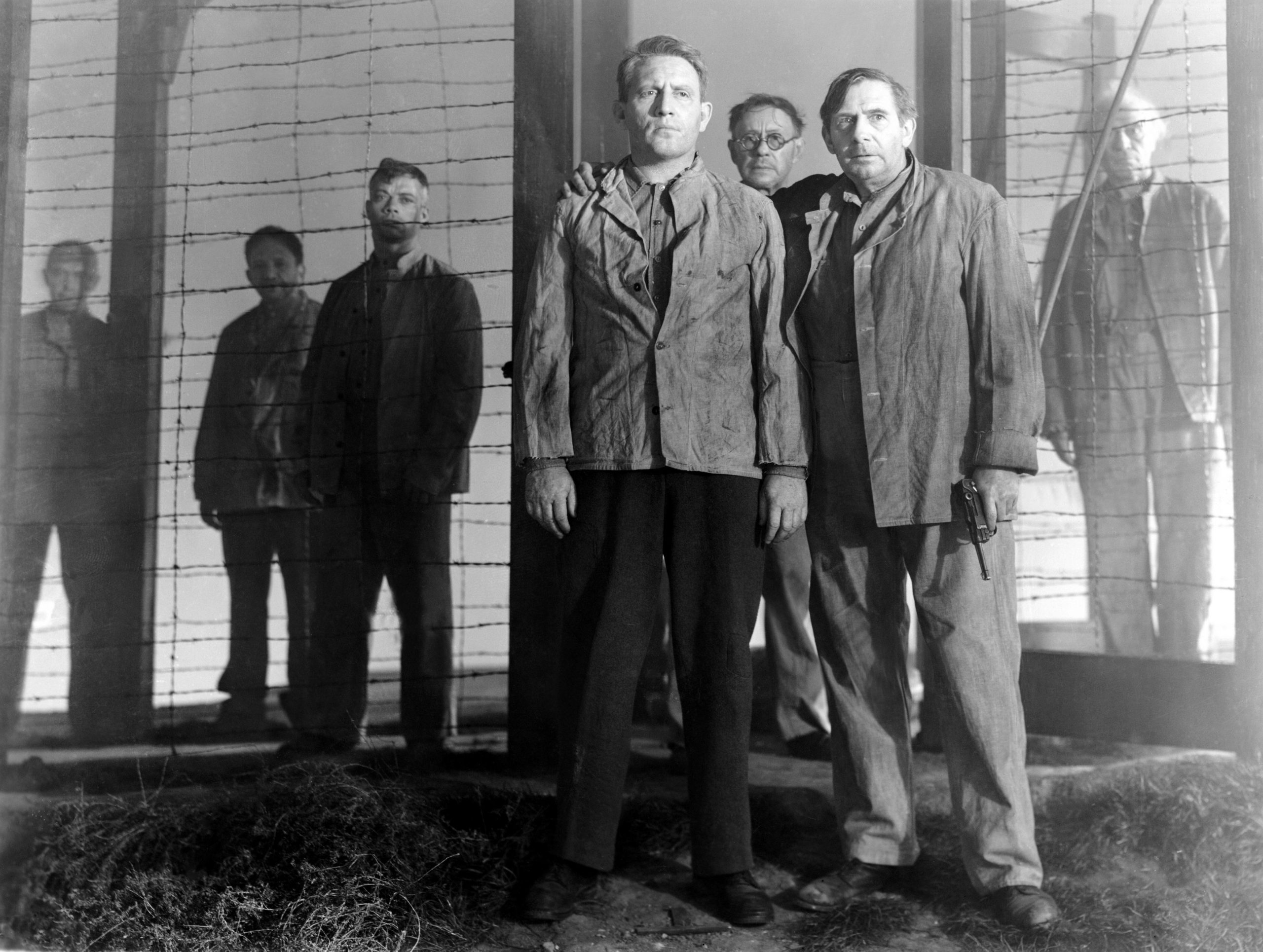
Online criticism of politicians is not tolerated in Singapore, writes David Jardine
Singapore, long known for what is sometimes described as ‘soft authoritarianism’ is a dangerous place in which to post dissident blogs. The latest person to discover this is Gopalan Nair, a US citizen of Singaporean origin.
Nair, in his Singaporean days a lawyer and activist for the opposition Workers’ Party, is the latest to fall foul of Minister Mentor Lee Kuan Yew’s penchant for suing his critics in an effort to both bankrupt them and silence them. Now an immigration lawyer in California, Nair claims on his blog Singapore Dissident that he was ‘harassed and persecuted by Lee’ and this was his reason for taking up citizenship in the USA.
He returned to the fray recently when he accused ex-PM Lee and the current PM, Lee’s son, of ‘abusing the legal system for their political ends through their lawyer Davinder Singh’. In addition he accused Judge Belinda Ang of ‘prostituting herself’ in serving the aims of Lee Senior and Lee Junior. The case she was handling involved two Singapore opposition activists, Chee Soon Juan and Chee Siok Chin of the Singapore Democratic Party.
Nair, whose passport was confiscated, is facing charges under the Sedition Act of ‘abusing, threatening and insulting a public servant’, which immediately raises questions of a legal nature: can foreign nationals be charged with sedition?
Lee Kuan Yew has a long track record of pursuing opponents through the courts. Most famously he sued Workers’ Party leader Joshua Jeyaretnam in a trial that was notoriously televised. Given that no Singapore court has ever found against Lee, the verdict was a foregone conclusion. Critics rightly dismissed this as a ‘show trial’. As one dissident site, Singapore Window put it: ‘To say judges jump whenever Lee Kuan Yew sues is only half the picture. [They] allow Lee to deliver lengthy political punditry from the witness box.’
In 2006, for example, the Far Eastern Economic Review was banned and faced a defamation suit for an interview it ran with Chee Soon Juan. The Financial Times, rather than face such legal action, apologised to PM Lee Hsien Loong and the Minister Mentor.
Unsurprisingly in this climate, many dissident Singapore bloggers refuse to reveal their identities and carry on guerrilla blogging campaigns. Amongst the notable sites is Sheep City, whose title is a clear indication of the belief that the Singaporean state requires conformity at all costs.





